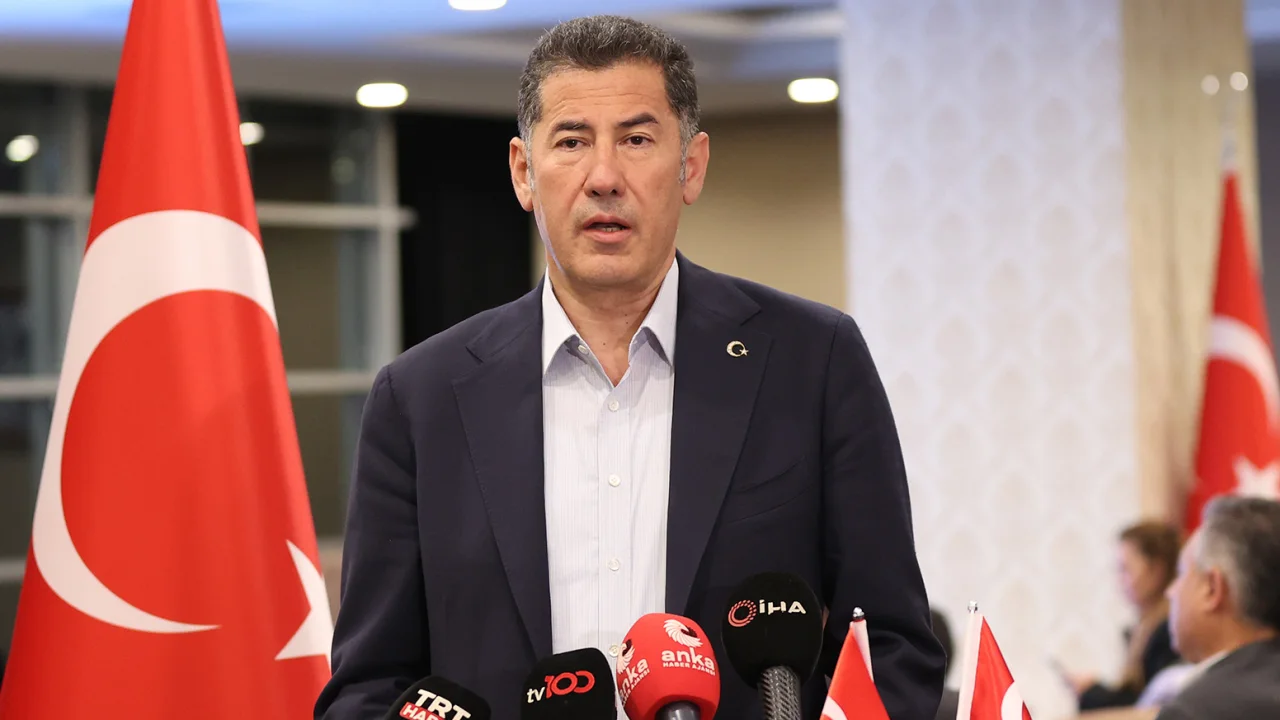Another political hush-money case hints at a potential Donald Trump defense.
March 27, 2023Tweet
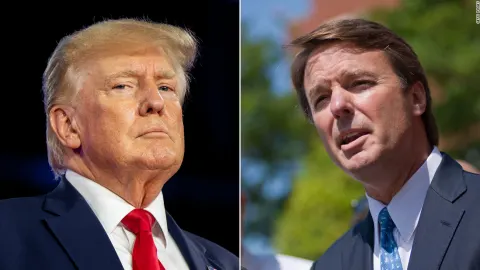
If former President Donald Trump is indicted by a Manhattan grand jury in connection with a pre-election payment to porn star Stormy Daniels, the case of another politician – two-time Democratic presidential candidate John Edwards – offers clues to the defense Trump is likely to mount. Edwards beat charges that he had broken federal campaign finance laws as part of an elaborate scheme that involved two of his donors supplying nearly $1 million in secret payments to hide his pregnant mistress during the 2008 presidential campaign. Edwards' lawyers argued that the payments did not violate federal election law because they were aimed at shielding his family from pain and embarrassment rather than trying to conceal an extramarital affair from voters. In the 2012 federal campaign-finance trial, the jury acquitted Edwards of one charge of accepting illegal campaign contributions and deadlocked on five remaining counts, including that he made a false statement to the Federal Election Commission by not disclosing on his campaign filings the donors' spending to hide the mistress. The Justice Department decided not to retry Edwards, who was the Democratic vice presidential nominee in 2004, and he retreated from national politics after the case concluded. The former president's lawyer, Joe Tacopina, has argued that the $130,000 payoff to Stormy Daniels was not a campaign finance violation. He has sought to draw a distinction between the payment to Daniels and money derived from political donors. In Edwards' trial, defense lawyer Abbe Lowell painted the former North Carolina senator as a "bad husband" who cheated on his wife, Elizabeth, as she battled cancer. The defense challenged the credibility of the prosecution's star witness, Andrew Young, who falsely claimed paternity of the child that Edwards fathered at the politician's behest. Any charges involving the Daniels payoff likely would center on evidence from Trump's former lawyer and fixer, Michael Cohen, who arranged the payments to Daniels in late October 2016 and testified recently before the Manhattan grand jury. Trump and his allies have said Cohen is a convicted perjurer who cannot be trusted. Cohen has sought to put Trump at the center of the payoff scheme, telling a congressional committee in 2019 that his former boss directed him to take out a home-equity line of credit and use that money to obtain Daniels' silence. Cohen was reimbursed in installments after submitting invoices claiming the bills were part of a "retainer agreement." Conservative legal commentators have maintained that it was a stretch to have Cohen plead guilty to a crime in the payoff scheme in the first place. Brad Smith, a former Republican member of the Federal Election Commission, wrote in a Washington Post op-ed at the time that the law is murky about whether paying hush money to a mistress is a 'campaign expense' or a personal expense. CNN has previously reported that Manhattan prosecutors are weighing whether to charge the former president with falsifying business records of the Trump Organization over how the reimbursements to Cohen were characterized. To bring a more serious charge, prosecutors would have to demonstrate it was carried out to advance or conceal another crime, such as breaking election law. The difference between the Edwards prosecution and what Trump could face is that a state prosecutor is bringing the charge, as opposed to a federal prosecutor in the John Edwards case. It is untested for a state prosecutor to bring a case against a federal candidate.
North-carolina Trump Msnbc Cnn Edwards
Comments
Related news

Kurds in Turkey might have a say in Erdogan's political future.
Read more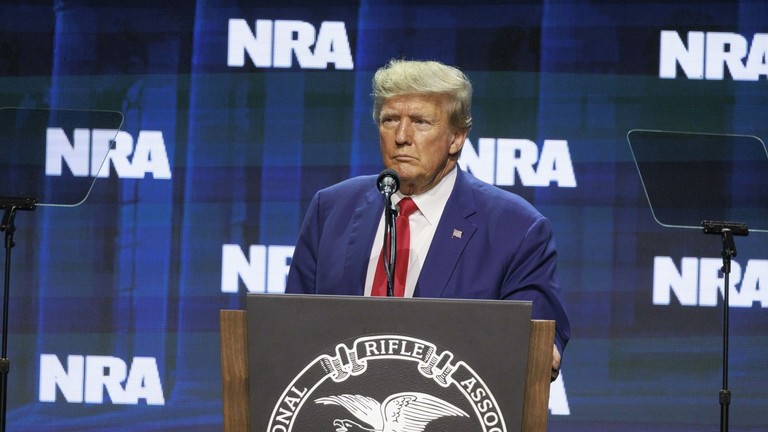
US economy is "crashing," says Trump
Read more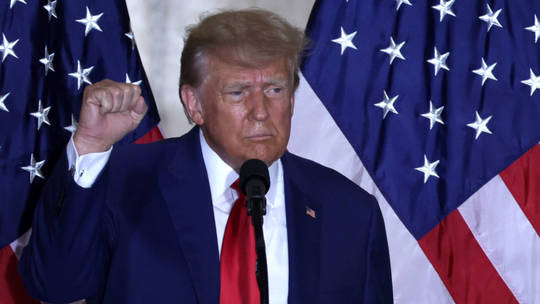
The "most dangerous time in history" is upon the world. - Trump
Read more
After being questioned about "Partygate," Boris Johnson is no longer in significant political peril.
Read more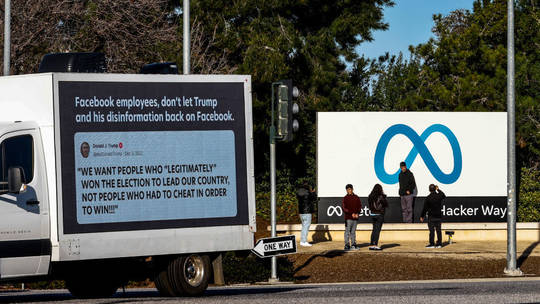
Trump reclaims Facebook and Instagram – media
Read more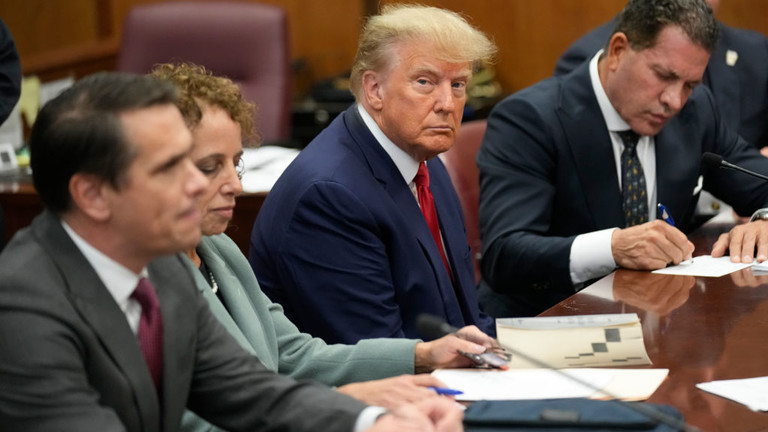
Trump responds to criminal allegations from New York
Read more
Another chemical train in the US crashes.
Read more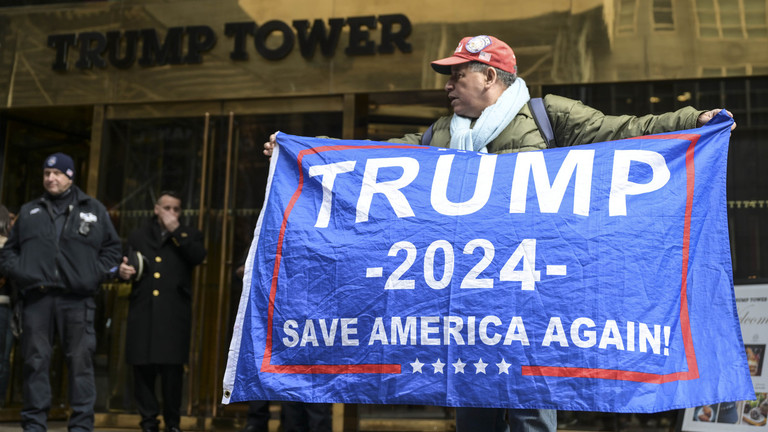
According to a study, the majority of Republicans support Donald Trump for president in 2024.
Read more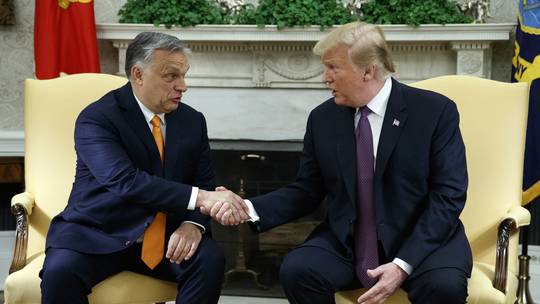
Orban endorses Trump for White House return
Read more